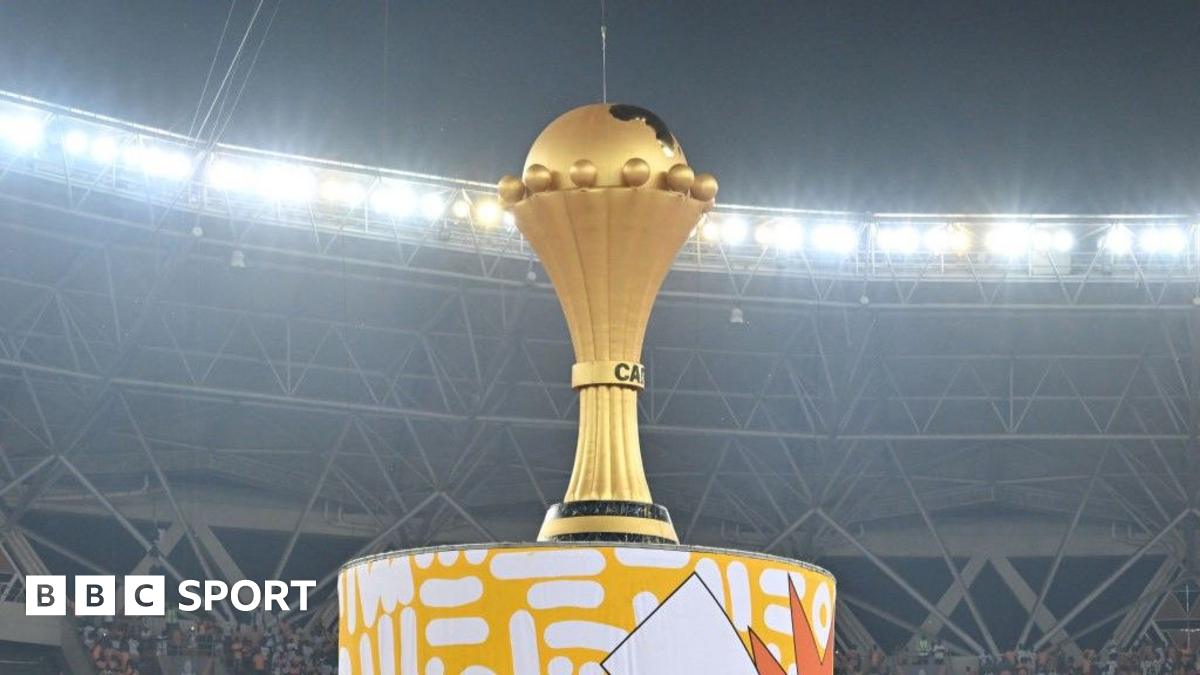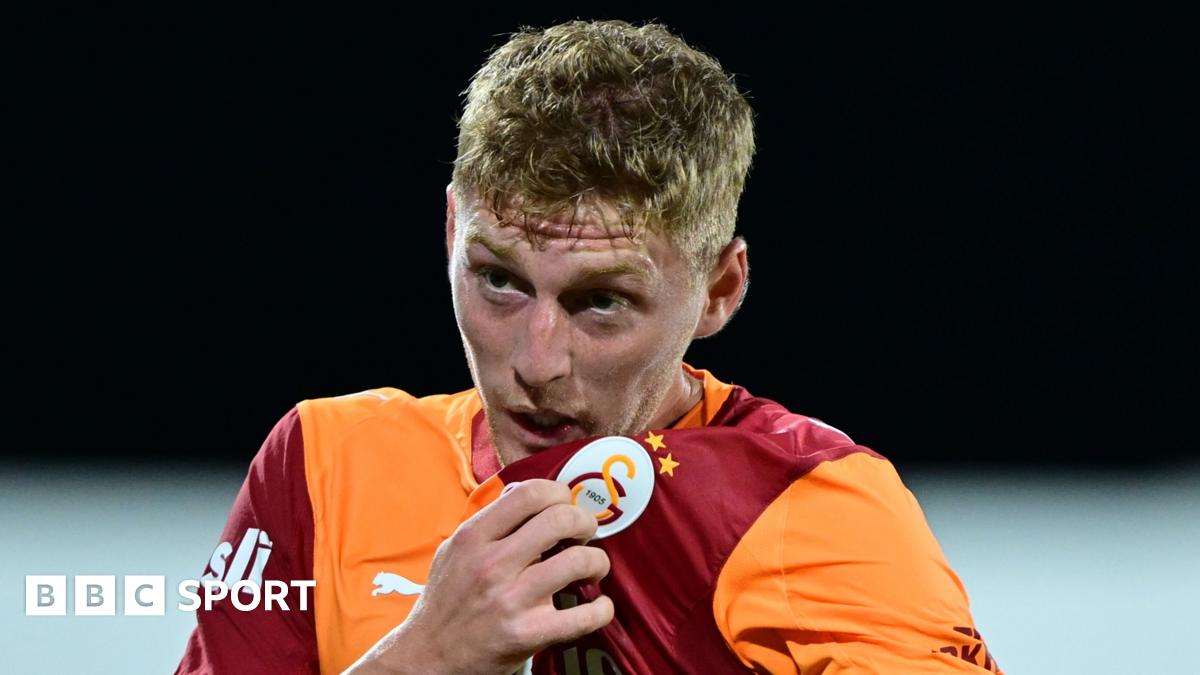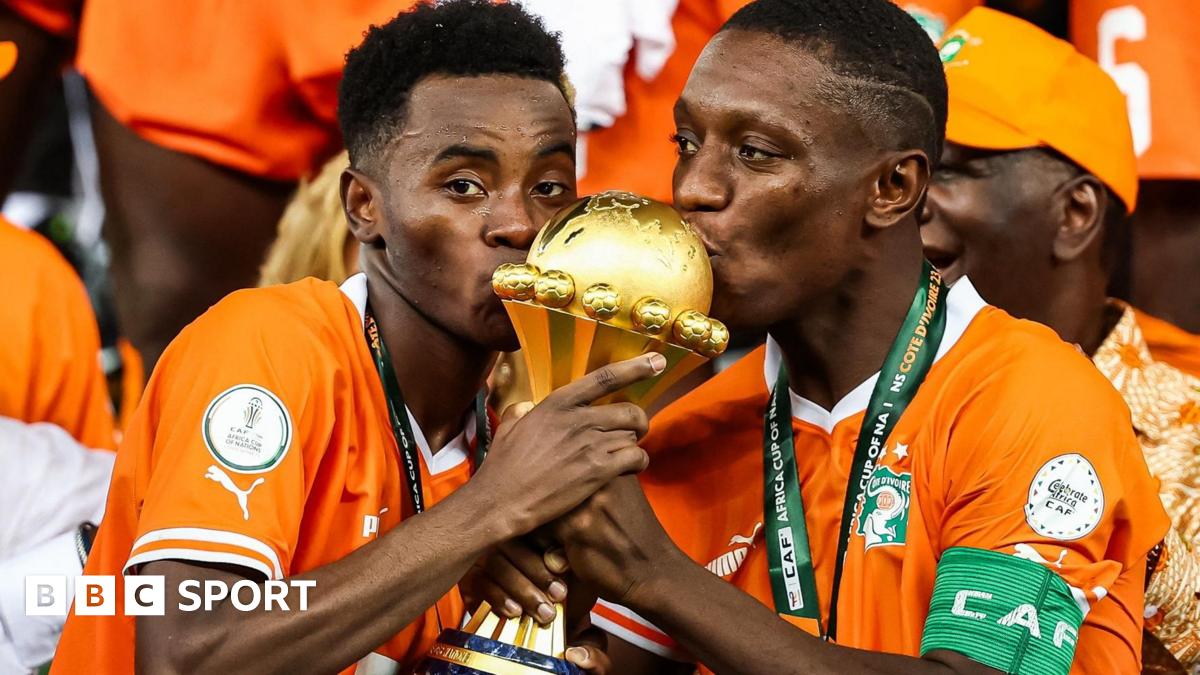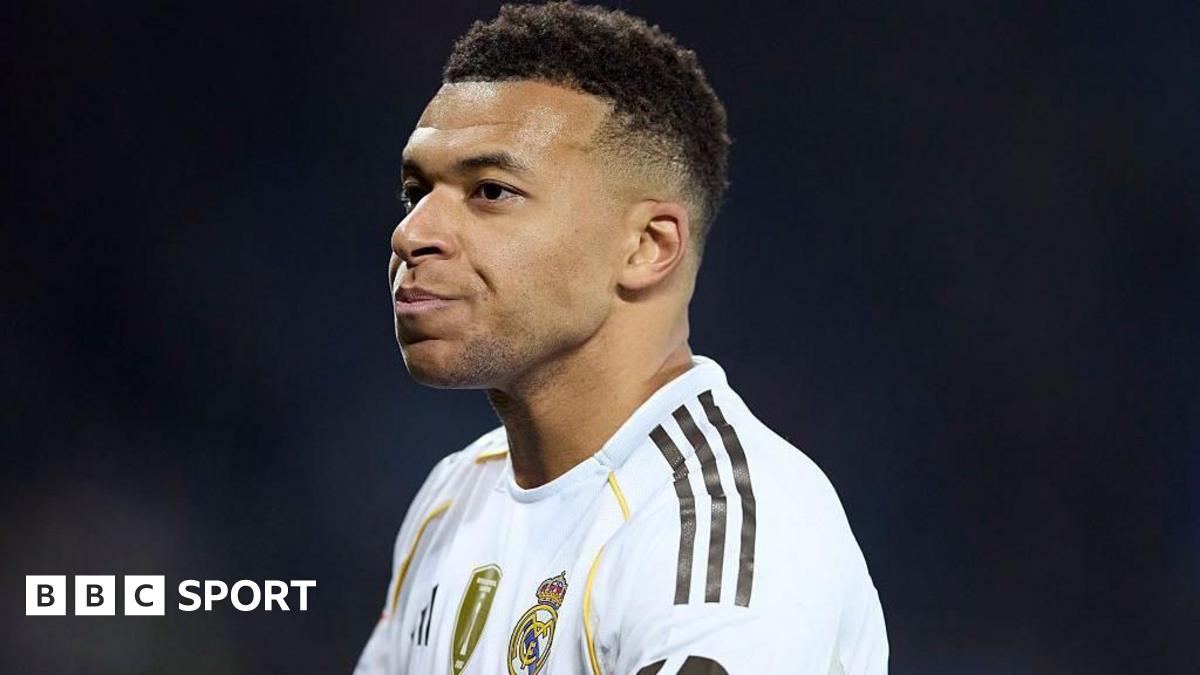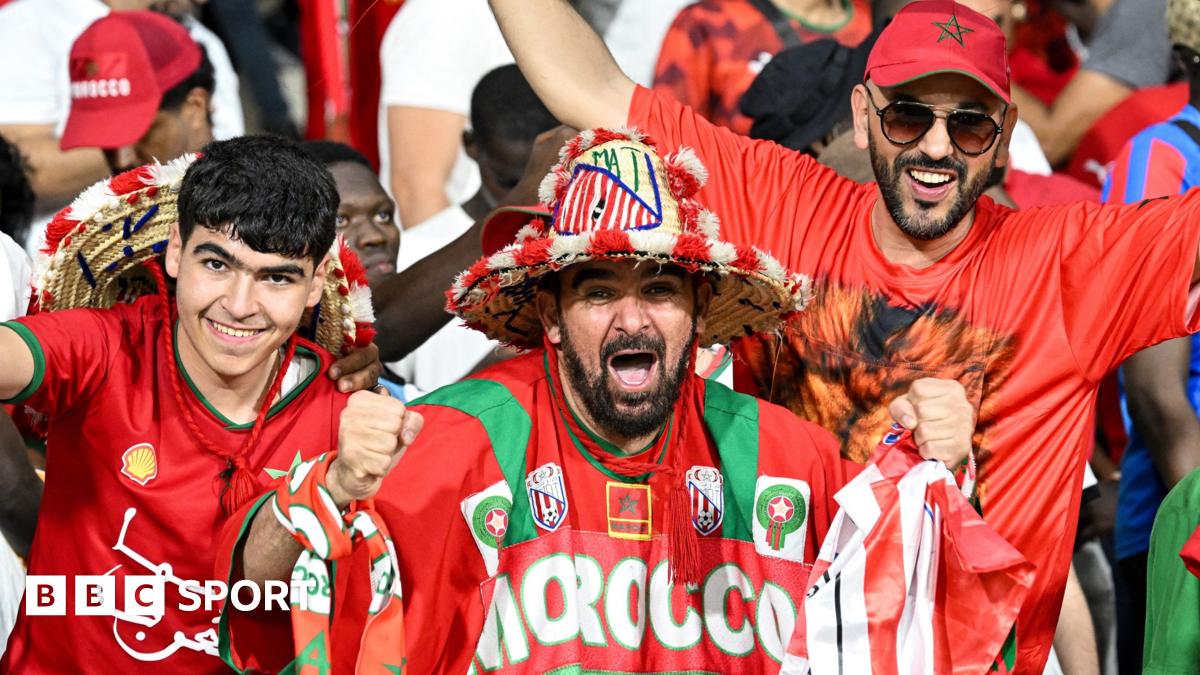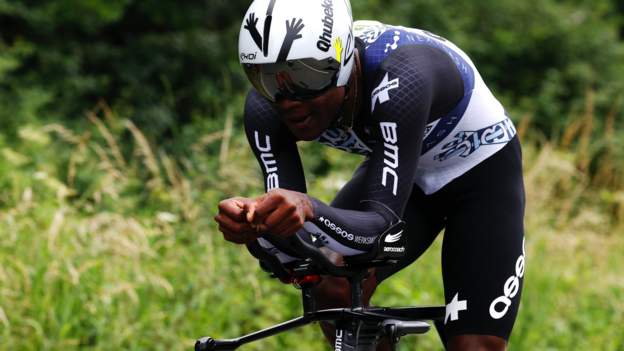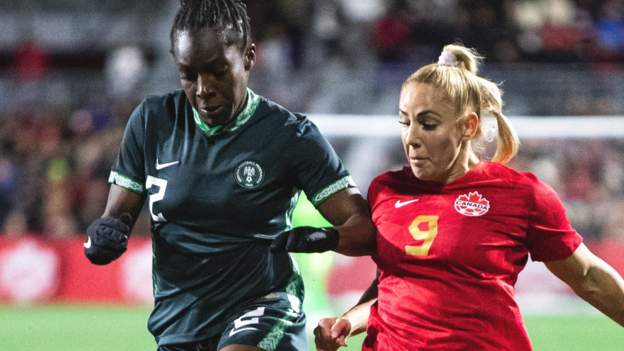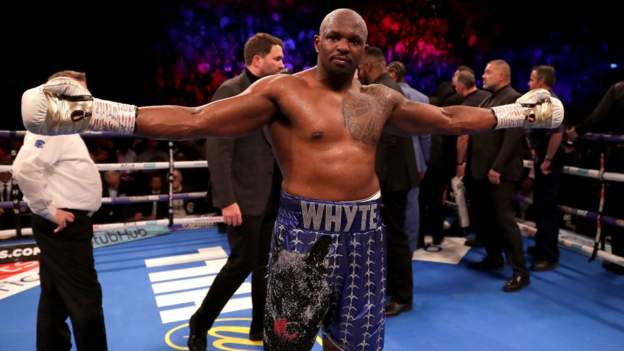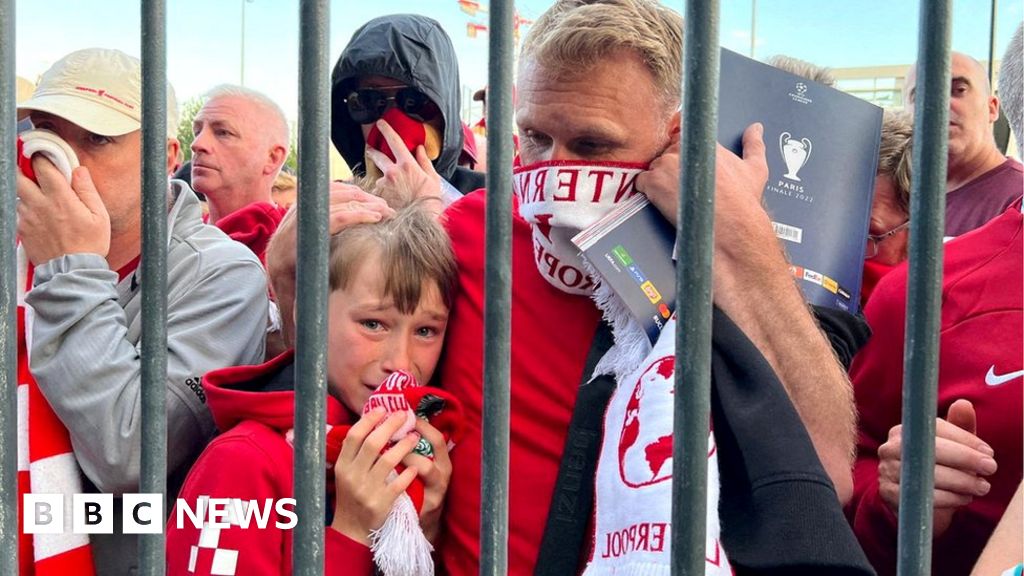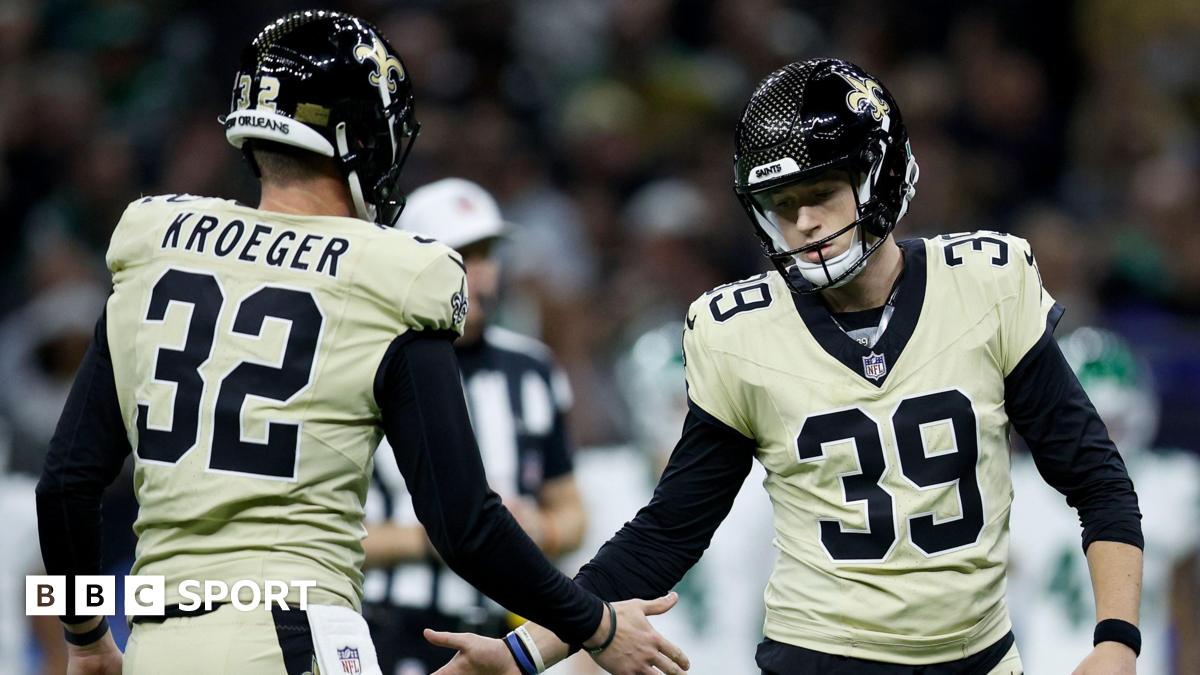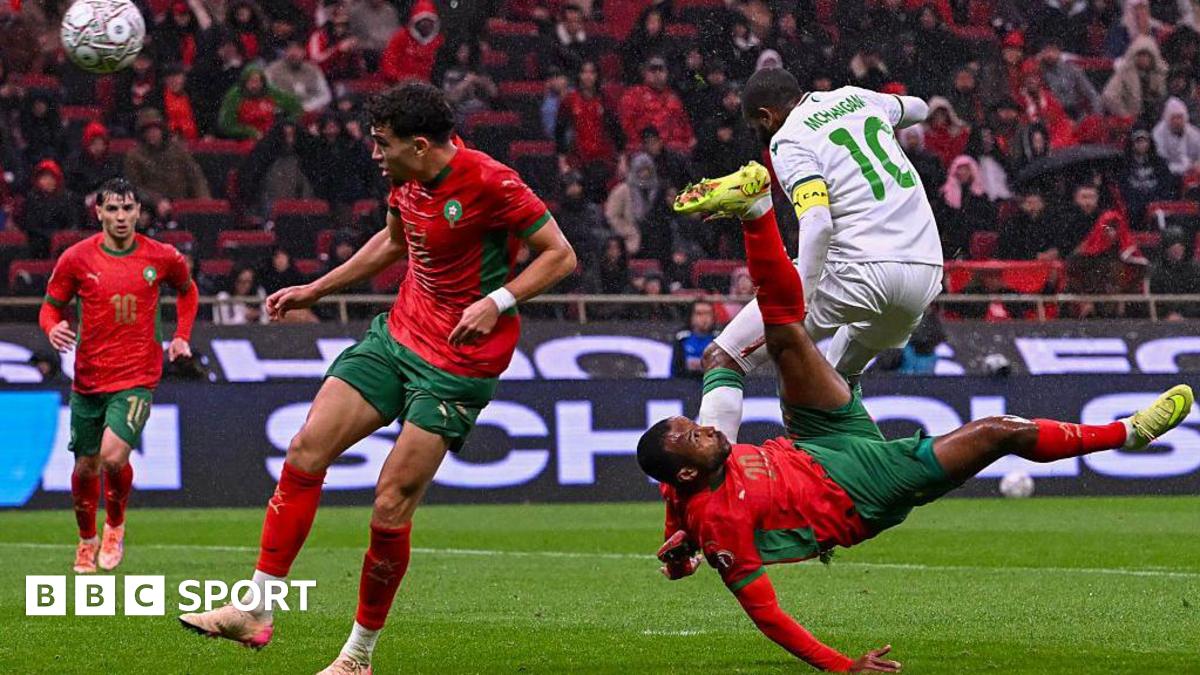When they became the first ever African cycling team to gain a UCI World Tour licence in 2016, Team Qhubeka seemed to be going places.
This high-performance outfit was competing on the world’s biggest stages, even notching up seven stage wins at the Tour de France, with Mark Cavendish sporting the yellow jersey atop a Qhubeka bike in 2016.
But last year, they lost their funding, and with it, the licence that would allow them to continue to compete at World Tour status – the highest level of professional cycling.
The way to get back there is money, says the team principal.
“We need a sustainable backer, so we need the funding and a bit of time but [if we get it], we would register a Professional Continental team, so that’s second division, in 2023,” Doug Ryder told BBC Sport Africa.
“Then it would take us probably three years to get back into the World Tour, so the next opportunity for us to be back in the first division of cycling would be 2026.
“It’s simply getting sponsorship. So it’s about bringing the right people together, and then just getting the funding together to be able to take out a second division license, and then going back into the system into the ranking system.”
Led by Ryder, Qhubeka’s focus on developing African cycling has resulted in more than 55 riders from Africa being given the opportunity to race among the best in the world.
This year Qhubeka will compete in UCI Continental races in Europe, the third tier of global cycling, with lead rider Nic Dlamini mentoring his younger team-mates.
They also race to help people through the Qhubeka charity, distributing bikes throughout communities in South Africa, but, even with their developmental and charitable goals, backing has been hard to come by.
“I think the world is in a crazy place, with Covid,” he said.
“I think countries and corporates became very, very territorial, all looking (out) for their own kind and their own environments. And Africa being economically and politically in distress, it was a real struggle for us actually to find that opportunity to gain a long term backer and a funder behind the team.”
Despite the difficulty in securing funding, Ryder remains optimistic.
“The nice thing about us though, is that we are incredibly relevant. Qhubeka is the official charity of the Tour de France. So we have a massive opportunity then through our uniqueness and having been Africa’s only team at that level, and our history of seven Tour de France stage wins and the yellow jersey.”
Funding problems aside, Africa has been touted as a future talent pool for cycling. Although a lack of sponsorship for professional outfits like Qhubeka is an obvious obstacle, Ryder is doing his best to make sure that more young, black African cyclists will be challenging at the top of the sport.
“We absolutely booted the door for African cycling open, and it’ll never close again,” Ryder said.
“I honestly thought that after five years of us working and creating these opportunities that we would have a rider on the podium and a grand tour, but bringing riders into this European sport, different food, different roads. The ability’s there, the physical strength is there, but the technical skill takes years to develop.
“You don’t think the peloton is rough, but people are elbowing and pushing each other. If you’re not good, they kick you out and push you to the back so that you can’t perform.”
Despite difficulties in securing backing and the long route back to the elite level of competition, Ryder remains positive about both his team’s potential and the reach of the corresponding charity.
“They both go hand in hand, so we are far bigger than a cycling team,” he said.
“When you see children that have never received anything, and they get a bike, and they’re mobile, and they’ve got this opportunity to be free and independent, it’s the best day of your life.”
And his ultimate dream?
“If we can find someone that started on a Qhubeka bike and ends up at the Tour de France, that’ll be the dream come true.”

